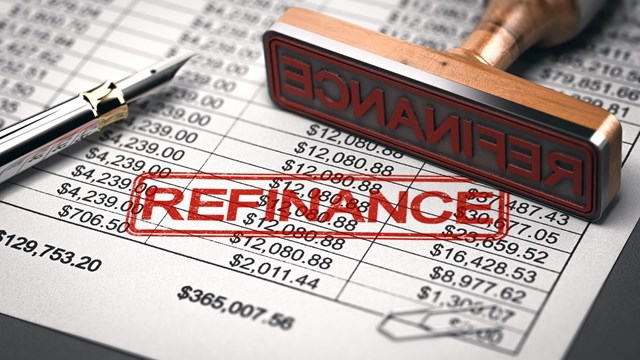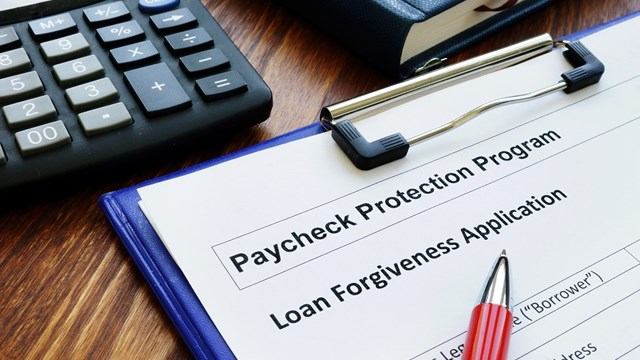
—Concerned About Privacy
“The rationale for this procedure in cooperatives is that the association actually owns all of the real estate in the entire project, and is responsible for payment of the real estate taxes, which can be substantial. In addition, most cooperatives are subject to an “underlying mortgage” on the entire community, which is also paid on a monthly basis by the cooperative association. Therefore, if the cooperative association is unable to collect all the maintenance that is due each month, the result could be catastrophic, i.e., there could be a tax lien or foreclosure.
“These considerations do not apply to condominiums. The condominium association actually owns no property at all. The units are owned individually by the owners, and the common elements are owned on a proportionate basis by the owners, as tenants in common. No tax liens can be applied against condominium property and there is never an underlying mortgage to be concerned about.
“Therefore in the condominium context, the board’s authority is far more limited than in the cooperative context. Accordingly, courts require boards to act only as authorized expressly or by necessary implication by the governing documents, including the bylaws. In this example, it is asserted that the right to run credit checks does not appear in the governing documents. I am not surprised. That being so, it is almost certainly beyond the board’s authority.
“There is another factor militating against this authority as well. This is the doctrine of unreasonable restraint against alienation. This is a long standing common law doctrine that prohibits placing unreasonable restraints on alienation, or sales. It would seem that credit checks may discourage some purchasers, and therefore may constitute a per se restraint on alienation.
“Finally, if a credit check were to show a financial history that the board deemed problematic, what could they do about it? The answer is probably nothing. Certainly the board has no authority to prevent a sale. Having no apparent beneficial end, this exercise appears even more arbitrary, capricious and unreasonable.
“For these reasons, this policy would almost certainly be overturned in court.”






Leave a Comment